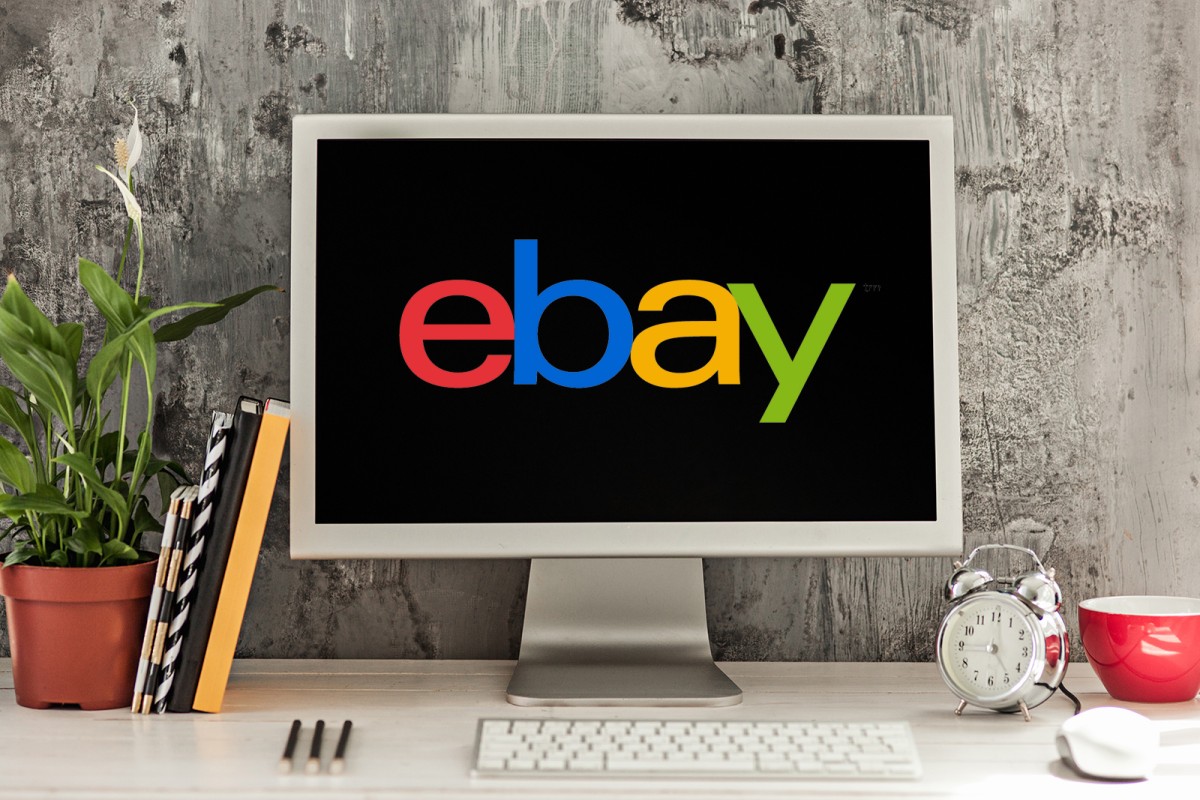New eBay Counterfeit Products Verification Scheme

eBay has announced a new verification scheme to help improve customer confidence and cut down on eBay counterfeit goods.
A recent study has shown that UK online sales reached £133bn in 2016, which was an increase of £18bn, nearly 16%, from the year before.
With advances in payment security technology and improvements to delivery and logistics chains, more and more of us are now seeing ordering online as the norm rather than taking a trip down the High Street.
However, despite the convenience and ease of shopping online there is always one drawback of ordering goods from your laptop or smartphone – you can’t physically handle or see them as you can in a store.
This presents a wave of opportunities for fake goods merchants to enter the supply chain and potentially trick shoppers into buying counterfeit goods unwillingly, however convincing they might seem.
Marketplaces hit back
With sellers of alleged counterfeit Apple products on Amazon finding themselves in a legal battle, and Alibaba starting to target fake sellers also, two of the biggest e-commerce sites in the world are already taking action and now a third, eBay, is following suit.
After a heavy Christmas marketing campaign highlighting how 80% of the products sold on the auction site are brand new, eBay are now pushing forward with another move into improving customer confidence in their service with its eBay Authenticate verification scheme.
Currently, eBay uses its VeRO programme to allow rights owners to report any listings that infringe on their intellectual property, along with a set of algorithms and staff to identify potential fakes and counterfeits.
The new eBay Authenticate initiative will allow buyers or sellers to send any items purchased off the site to an expert authenticator, who will be able to verify that the item is legitimate before sending on to the buyer.
Crucially, if an item is found to be fake eBay promises to reimburse the buyer for twice the amount of the original purchase price.
Whilst sellers will have the option to opt in or out of the scheme, buyers can request an inspection although it will be at their own expense.
Improving customer confidence
Laura Chambers, Head of Consumer Selling at eBay said:
"For buyers, the service adds another layer of trust to allow them to shop confidently. For sellers, the service will be most beneficial for those who are looking to part ways with their high-value items, but don’t necessarily have a long-established selling history on eBay."
Given the likely overheads involved in the eBay Authenticate scheme, from hiring the services of an authenticator to the logistics involved in sending goods to and fro, only high ticket items like handbags, designer shoes and jewelry are being earmarked currently for the initial pilot period before a full roll out which is expected before the end of 2017.
Brand owners who are looking to protect their consumer goods can benefit from incorporating Verimaster technology in their products.
Undetectable to the naked eye without the use of a verification unit, Verimaster helps brand owners to clamp down on counterfeit trade thanks to its covert identification system.
Contact Addmaster today to add Verimaster protection to your product range
← Back to blog


